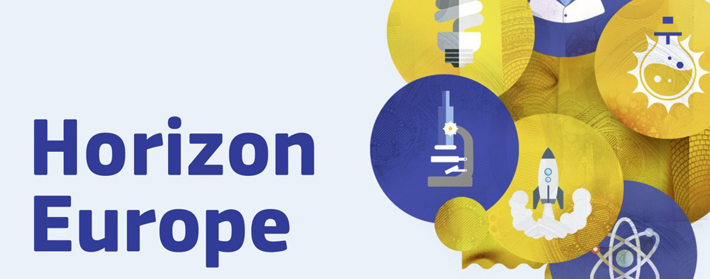 ©European Commission
©European Commission
Now that EU negotiators have reached an agreement on Horizon Europe, the EU’s framework programme for research & innovation for 2021-027, The European Commission has taken the first steps towards the implementation of the programme. Earlier in May European Commission officials have met with member states’ representatives to discuss lessons learned from Horizon 2020 and to get a first feedback on the possible specific priority areas for the new funding programme.
Strategic planning
The meeting was mostly focussed on the “global challenges and industrial competitiveness” pillar of the programme. This pillar is the largest of the three Horizon Europe pillars with an estimated budget of more than €52 billion, more than half the entire Horizon Europe (estimated at €94.1 billion).
The research priorities will be defined in a strategic planning process which is due by the end of 2019.The process will give stakeholders from academia and industry a chance to provide feedback. The European Commission will circulate several updated versions of the strategic planning document from June onwards.
The European R&I days (24-26 September) will play a pivotal role in the entire consultation process. More information
Missions
One of the main new features of the programme, the large transversal research & innovation missions will need to be defined during the strategic planning. Whilst EU policymakers agreed on the 5 thematic areas, many of the details are still unclear.
To help determine the scope, objectives and management of these missions the European Commission will establish 5 mission boards, one for each thematic area. Experts can apply for a seat on the mission board via an “expression of interest”. Each mission board will have a maximum of 15 seats and aims to attract high level individuals from a variety of stakeholders (industry, academia, policymakers…).
The deadline for submitting applications is 11 June 2019. More information
New structure
In addition, the Directorate-General Research & Innovation will reorganise its departments to better implement the new structure of the framework programme. The number of directorates has been reduced from 11 to 9 and they will have cover a wider range of topics.
The new structure will officially take effect in June, but here is already a sneak preview.
